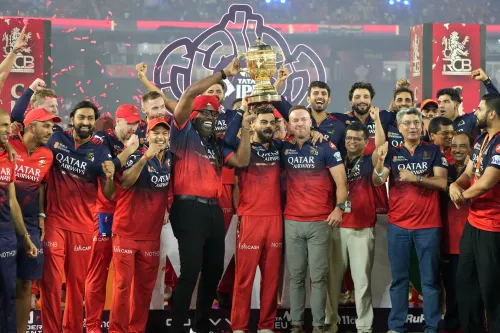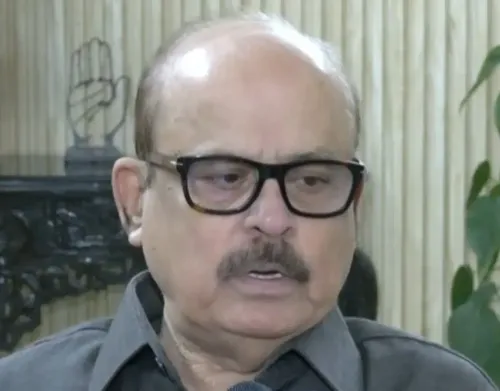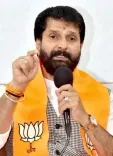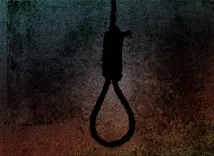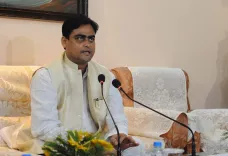Does Sharad Pawar Believe He Can Tell PM Modi When to Stop?
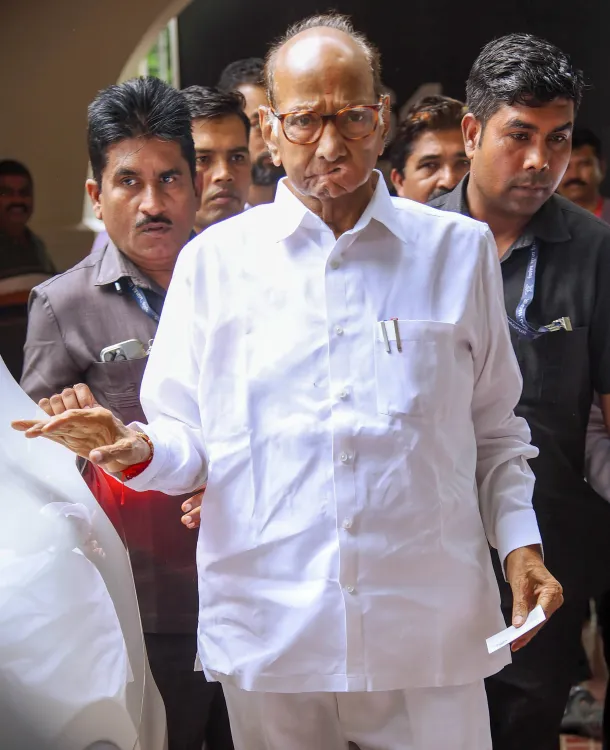
Synopsis
Key Takeaways
- Sharad Pawar asserts his right to remain active in politics at 85.
- He emphasizes the need for community unity amidst rising tensions.
- Pawar urges the government to address agricultural damage swiftly.
- He critiques the Election Commission for its handling of electoral issues.
- The historical context of reservation policies remains significant today.
Kolhapur, Sep 18 (NationPress) Former Union Minister and NCP(SP) head Sharad Pawar remarked on Thursday that he possesses no moral right to urge Prime Minister Narendra Modi to retire from active politics just because he has reached the age of 75, emphasizing that he himself continues to engage in political duties at the age of 85.
Pawar expressed to reporters, “I conveyed my best wishes to PM Modi on his 75th birthday yesterday. In politics, we should maintain cordiality during such significant events. We adhere to the principles established by Yashwantrao Chavan. I find it perplexing to label Narendra Modi as an 'avatar (incarnation)'. He attended my 75th birthday celebration. Politics is not being introduced here; we are not advocating it either.”
In response to the Congress party renewing discussions around the “retirement age” to target PM Modi and RSS chief Mohan Bhagwat, Pawar stated, “At 85, I am still active in politics. Therefore, I cannot instruct Narendra Modi to retire after 75 years. I lack the moral authority to do so.”
He noted that everyone is free to share advertisements celebrating PM Modi’s birthday.
Addressing the full-page ‘DevaBhau’ advertisement in various newspapers featuring Maharashtra Chief Minister Devendra Fadnavis paying homage to Maratha warrior Chhatrapati Shivaji Maharaj, Pawar urged the chief minister to prioritize assessing the damage to agriculture caused by recent heavy rains and flooding, and to ensure prompt financial aid.
“We all honor Shivaji. He once used a golden plough during the rains following a drought to signify his support for farmers. Today, agriculture has suffered significant losses due to severe rains across Maharashtra, damaging lands and crops like soybeans. It remains to be seen when the government will conduct assessments and disburse aid. Devabhau must focus on these assessments and the required support,” Pawar stated.
On the ongoing protests concerning Maratha and OBC reservations, particularly after the state government’s announcement regarding Kunbi certificates for Marathas, Pawar acknowledged increased tensions but expressed that unity should be the goal. “The government has formed two cabinet subcommittees for Marathas and OBCs. Both committees comprise members from the same caste. If we aim to foster unity, why include only the same caste in these committees?” he questioned.
He highlighted rising tensions between Marathas and OBCs, especially in Parbhani, Beed, and Dharashiv in the Marathwada region, and expressed his desire to help bridge the divide.
“The discord has escalated to the extent that individuals are hesitant to visit each other's establishments. The 1994 government resolution set guidelines for OBC reservations in government jobs and public services based on the Mandal Commission recommendations, following discussions that included Chhagan Bhujbal and the late Gopinath Munde. The notion of reservation in India originated from Kolhapur. We must uphold the broader intentions of Shahu Maharaj even now,” he stated.
Responding to a query about the Maha Vikas Aghadi’s strategy for upcoming civic and local body elections, Pawar indicated that decisions would be made in due course. “The MVA will contest together in some areas and independently in others. It would be beneficial if the Thackeray brothers unite and strengthen their position. Thackeray holds influence in Mumbai and Thane. There’s no issue with Uddhav Thackeray seeking more seats in these regions,” he added.
Regarding allegations of electoral fraud, Pawar noted a growing discontent with some actions of the Election Commission. “For the first time, 300 MPs have marched against the Election Commission. The fact that so many MPs are protesting is significant. The Election Commission must reassess its stance,” he remarked.
He further criticized the poll body for imposing conditions on meetings with MPs. “Rahul Gandhi is highlighting constituency-specific issues. The Election Commission should work to restore trust following these allegations. Even after Rahul Gandhi’s claims, the Election Commission has not taken sufficient precautions. They must bolster public confidence in the electoral process. I am eagerly awaiting Rahul Gandhi's substantive revelations,” he concluded.

